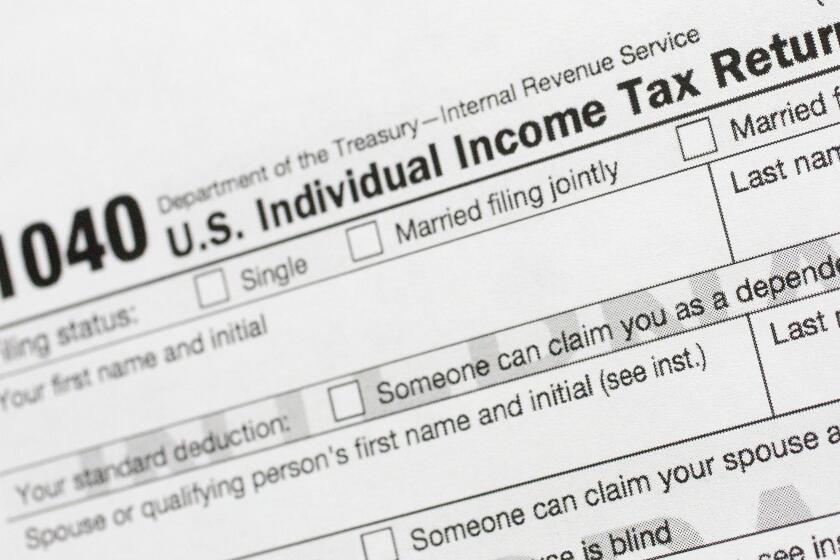Uber’s fractious board draws rules to stop infighting, paving way for SoftBank investment

In a bid to quell its acrimonious leadership and secure a vital funding round, Uber’s board unanimously voted to overhaul its corporate governance and limit the influence of early stakeholders including its controversial co-founder, Travis Kalanick.
In a rare moment of unity, the ride-hailing firm’s leaders agreed Tuesday to a “one share, one vote” model to ensure parity in decision making, three sources familiar with matter said.
The shift revokes “super-voting” rights, which previously gave Kalanick and other owners such as venture capital firm Benchmark Capital, outsized power.
Directors voted to increase the number of board members to 17 from 11 and approved the appointments of Ursula Burns, a former Xerox CEO, and John Thain, a former Merrill Lynch and CIT Group chief executive — two directors named to the body in a surprise move by Kalanick last week.
They altered rules to require two-thirds of the board’s approval to select a new chief executive, and set in place incentives for Uber to have an initial public offering of stock in 2019.
The shifts are aimed at quelling the infighting at the most valuable tech start-up and helping land a round of funding from SoftBank, according to the sources.
The additional six new seats will be composed of one independent chair, three independent seats and two representatives of SoftBank.
“SoftBank’s interest is an incredible vote of confidence in Uber’s business and long-term potential, and we look forward to finalizing the investment in the coming weeks,” Uber’s board said in a statement.
Pending the closure of the SoftBank deal, Benchmark would have little reason to continue its lawsuit against Kalanick alleging fraud, one source said.
Kalanick, who resigned from the company after a string scandals but retains a board seat, said in a statement that the governance changes would help privately held Uber become a “world class public company.”
“We approved moving forward with the Softbank transaction and reached unanimous agreement on a new governance framework that will serve Uber well,” he said. “Under [new CEO Dara Khosrowshahi’s] leadership and with strong guidance from the Board, we should expect great things ahead for Uber.”
An earlier proposal floated by Uber and Goldman Sachs had called for additional moves that would have diluted Kalanick’s influence. The governance plan the board approved was a compromise.
Sources said that among the provisions dropped were requirements that:
- Anyone who has previously held an officer-level title at Uber win support from two-thirds of the board — and two-thirds of shareholders — to become CEO;
- Kalanick would give one of the three board seats he controls to SoftBank;
- Khosrowshahi would gain the ability to nominate candidates for three board seats.
The biggest blow to Kalanick in Tuesday’s agreement is the loss of his 10-to-1 voting rights — though it was a concession he was apparently willing to abide by.
Not all early investors were pleased. Shervin Pishevar, famous for penning a verbose letter decrying Kalanick’s detractors, threatened Tuesday to launch a lawsuit to protect his voting rights, according to Vanity Fair.
More to Read
Inside the business of entertainment
The Wide Shot brings you news, analysis and insights on everything from streaming wars to production — and what it all means for the future.
You may occasionally receive promotional content from the Los Angeles Times.











